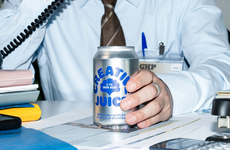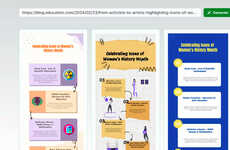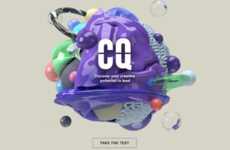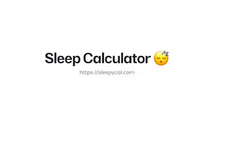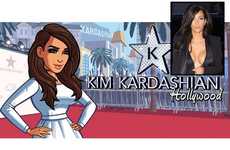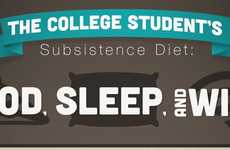
This Quick Sprout Infographic Looks at When to Think and Write Creatively
Alyson Wyers — January 26, 2015 — Art & Design
References: quicksprout & designtaxi
This infographic from Quick Sprout explains when the best time to get creative is, according to science. 'The Scientifically Proven Best Time to Think and Write Creatively' offers tips and information particularly relevant to writers.
The Quick Sprout infographic claims early birds are better at solving problems in the evening where as night owls are better at problem solving in the morning time. It also notes idea flow will be optimal when you are distracted or doing an activity that produces dopamine, like showering, driving, running and dreaming.
Rather than taking sides and suggesting writing at a specific time of day is better than other time, the chart lists reasons why both writing in the morning and writing in the evening can be productive.
The Quick Sprout infographic claims early birds are better at solving problems in the evening where as night owls are better at problem solving in the morning time. It also notes idea flow will be optimal when you are distracted or doing an activity that produces dopamine, like showering, driving, running and dreaming.
Rather than taking sides and suggesting writing at a specific time of day is better than other time, the chart lists reasons why both writing in the morning and writing in the evening can be productive.
Trend Themes
1. Optimal Time for Creativity - Identifying the scientifically proven best time for creative thinking and writing can lead to increased productivity and problem-solving ability.
2. Beneficial Distractions for Idea Flow - Recognizing the value of distractions, such as showering, driving, running, and dreaming, can enhance idea generation and creative output.
3. Productivity Throughout the Day - Understanding the benefits of both morning and evening writing can help writers utilize their optimal productivity periods and maximize output.
Industry Implications
1. Writing and Publishing - In the writing and publishing industry, implementing strategies based on optimal creativity time can lead to improved writing quality and increased efficiency.
2. Productivity and Time Management - The productivity and time management industry can leverage insights on beneficial distractions and optimal time for creativity to develop tools and techniques for boosting efficiency and creative thinking.
3. Health and Wellness - The health and wellness industry can explore the connection between activities like showering, running, and dreaming with enhanced creative thinking to offer holistic solutions for optimizing mental performance.
1.2
Score
Popularity
Activity
Freshness

